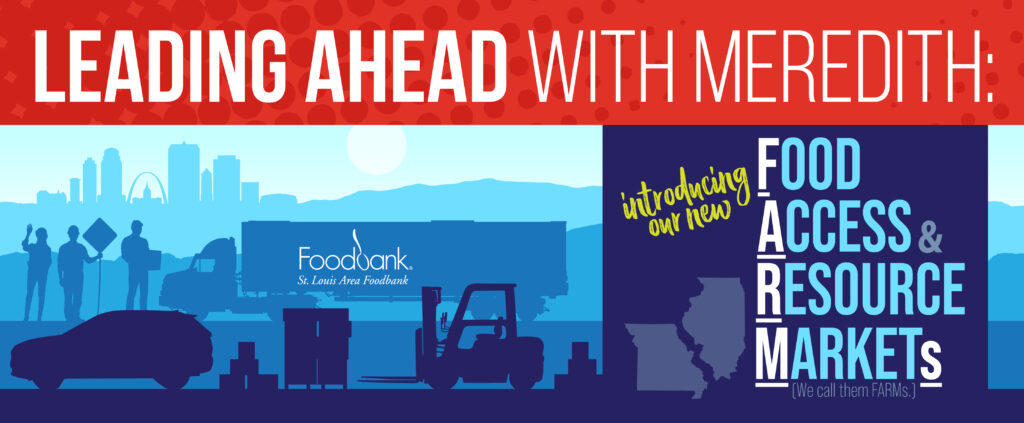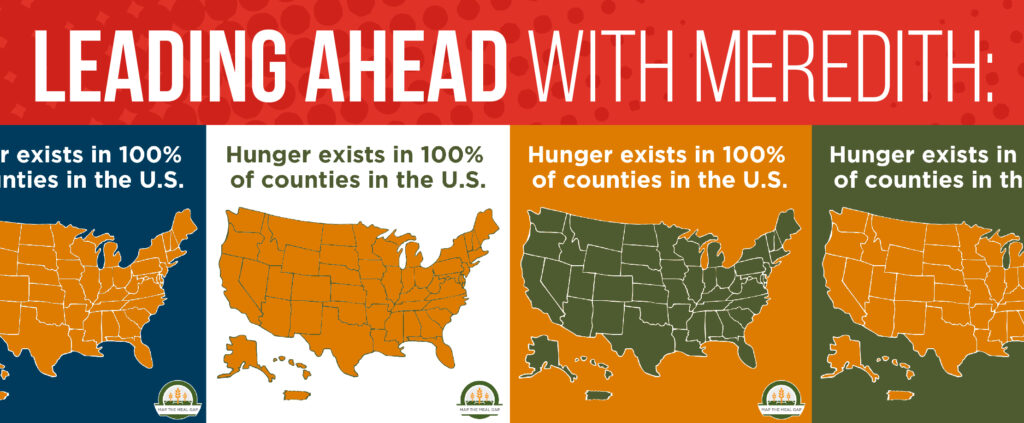The St. Louis Area Foodbank has been committed to fighting hunger locally since 1975. In the past few years, our commitment to reducing our environmental impact has helped us feed more families.
Since 2011, we’ve:
- Replaced all the lighting in our warehouse and volunteer center with energy efficient fixtures
- Implemented RoadNet, a system to more efficiently map out our drivers routes to reduce fuel emissions
- Expanded our retail store pickup program to reduce the amount of food being thrown in local landfills
- Installed a baler in our warehouse to recycle the large volume of cardboard we use each year
Last year, we worked with Microgrid Solar to place solar panels on our roof. To celebrate one year of utilizing solar energy and Solar Day on June 21, we wanted to share the difference our addition of solar energy has made for the community.
Celebrating Solar Energy
Solar energy is abundant and clean, so it was an easy choice for us to add the 80 solar panels to allow us to harness solar energy for electricity.
Matt Dace, senior vice president at the St. Louis Area Foodbank, is happy with the decision to implement solar energy. “The Foodbank is always looking for ways to be as efficient as possible, so we can utilize more resources for our programs that feed people in need. Installing solar panels was an easy decision and the money saved has helped us feed more families.”
Providing More than Energy
In the past year, our solar panels have provided just over 35,000 kWh. This has resulted in a savings of more than $2,760. Not only is that great news for our utility bills, but it also means we were able to provide an additional 11,075 meals for families in need.
Since installing the solar panels, energy savings and utility cost changes took place immediately. Cleaner energy means less carbon dioxide in the air, less oil being used and a more sustainable way of producing energy. We’re happy to be able to utilize solar energy and we believe in the impact it has on our community: the environment and the people we serve.


